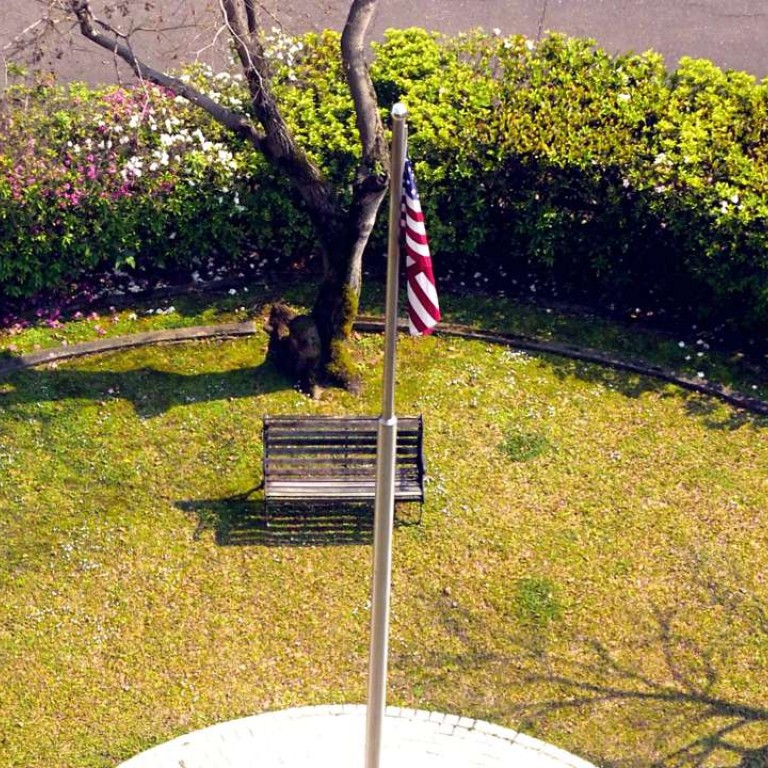
Taiwan relieved to be off Xi-Trump radar ... but how long will it last?
Analysts say failure to be mentioned only extends uncertainty over Washington-Beijing-Taipei relations
Taiwan breathed a sigh of relief at not being mentioned during the just concluded summit between leaders of two of the world’s major powers – the United States and China.
But such relief is only temporary and served to lengthen the uncertainty looming over relations between Washington, Beijing and Taipei, making it harder for Taipei to decide its next step in its relations with the United States or the mainland, according to analysts.
To the surprise of many politicians, a statement from the US did not mention Taiwan or the one-China policy – two sensitive issues with which Taiwan’s independence-leaning Democratic Progressive Party government has long been concerned.
Taiwan’s Presidential Office said it was gratified by the result of the talks, which sprang no surprises on the island.
“Our national security team had made all-out efforts in making assessments and predictions of the talks and preparing various contingency plans,” the office said, adding it appreciated efforts by Taiwan’s friends in the US Congress and think tanks in voicing support for the island.
Foreign Minister Wang Yi said Beijing called on the US to abide by the one-China policy at the talks.
“Right from the start, [Trump and Xi] had never set the Taiwan issue and the one-China policy as ones on the agenda for their talks, meaning they didn’t think the two issues were important enough for talks,” said Lee Chun-yi, a DPP caucus legislative whip.
“What is more important for us is how we can further affirm our relations with the United States and China under the existing basis,” Lee said.
Liao Kuo-tung, caucus convener of the opposition Kuomintang, said it was the leaders’ first meeting and they merely wanted to understand more about each other before seeking better deals in their next round of talks.
Hsu Yung-ming, caucus convener of the opposition New Power Party, there was no need for Taiwan to worry.
“We shall see what will be Trump’s position on US support ... during its arms sales to Taiwan,” he said, referring to a weapons deal the new White House is scheduled to announce later this month for the island.
Analysts said Xi was more confident than his predecessor Hu Jintao in terms of reining in Taiwan.
Before Xi departed the US, the US State Department and the White House both reiterated that the Washington continued to support the one-China policy – which called for the United States to support that there was only one China represented by Beijing, and that Taiwan was part of it.
“Xi did not feel like using his first meeting with Trump for a pre-emptive mention of the one-China policy,” said Wang Kun-yi, a professor of international relations and strategic studies at Tamkang University in Taiwan.
He added that compared with his Trump’s predecessor, Barack Obama, who was focused on the US pivot to Asia, Trump was more concerned about the threat to the US from North Korea’s nuclear weapons development, and thus needed to win trust from Xi to pressure North Korea.
“But this is scary for Taiwan because it means the looming uncertainty is lengthening, making it hard for the government [of Taiwanese President Tsai Ing-wen] to make its next move,” he said.
Edward Chen, a professor of political science at Chinese Culture University in Taipei, said Trump did not sell out Taiwan during the meeting, but that did not mean he would not do so in the future, given his character.

